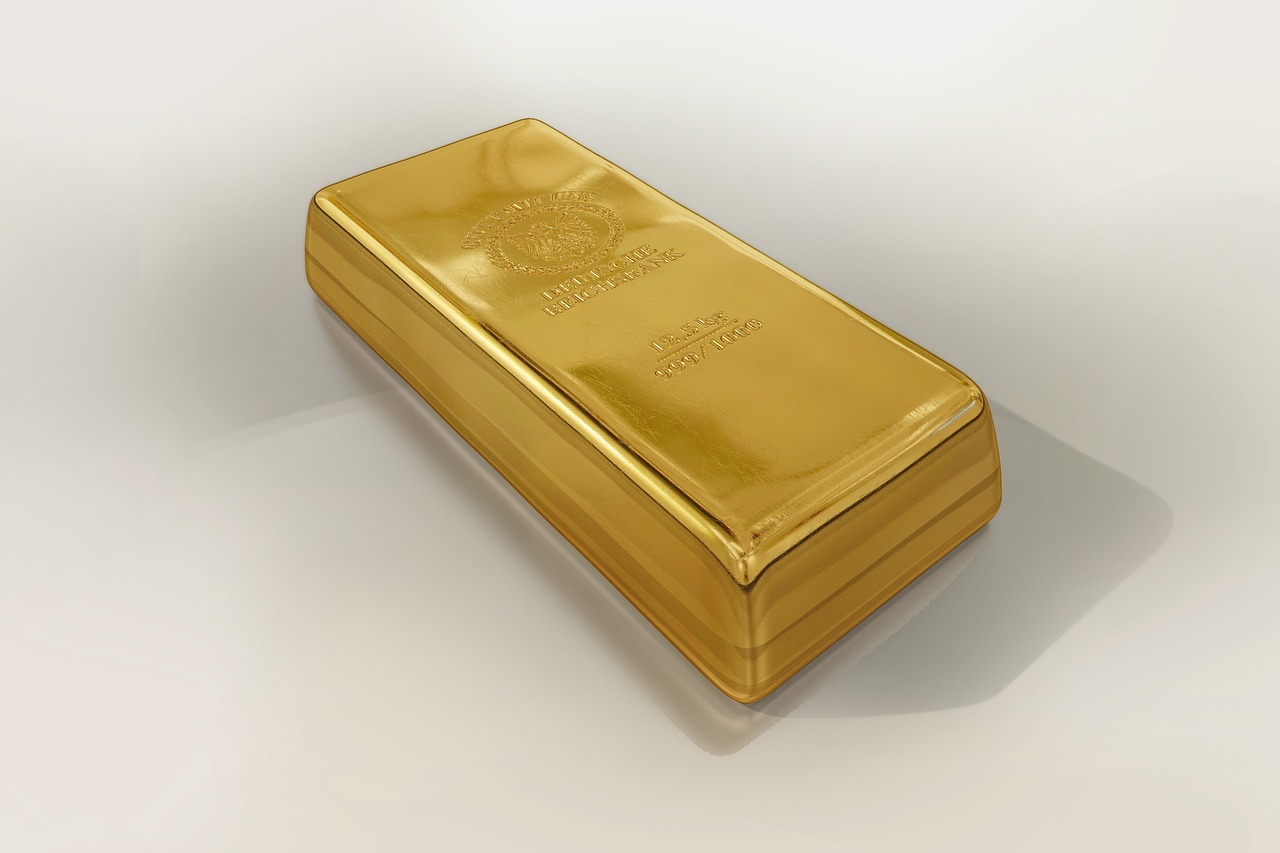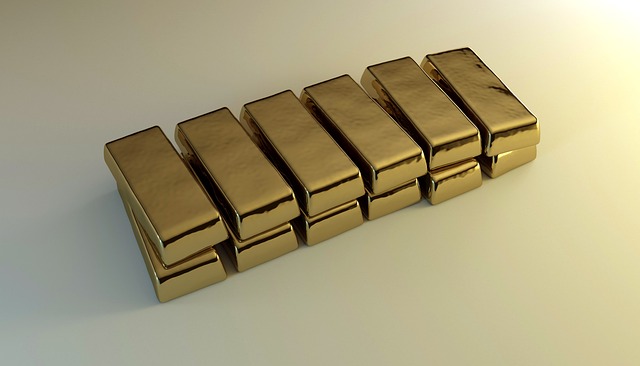A gold IRA is a special individual retirement account referred to as a self-directed IRA. These allow unconventional investments, including purchasing physical commodities like precious metals for direct ownership instead of indirectly owning an asset. That would be the case with Exchange-traded funds.
Some investors recognize the fact they can purchase gold bullion, coins, bars, and rounds. Still, many are new to learning it’s possible to hold the physical metal in an IRA for retirement savings with the same tax benefits of a conventional account.
Gold is a safe-haven asset that can mature tax-free until retirement, all the while helping to protect retirement wealth that’s building in the portfolio and creating a sense of stability among the funds.
The metals boast of being a hedge against threats posed to “paper” assets, including the effects of inflation and an uncertain economy. Usually, with these threats, “dollar-backed assets” will fall in value while precious metals will hold steady or potentially grow in demand.
How To Get Started With A Gold IRA Investment

Some are of the mindset that opening a self-directed individual retirement account holding gold or other precious metals is complex, while others find the process rather simplistic. In either event, a legitimate, knowledgeable gold firm is a vital component to getting you started in the process.
You can find examples of these at bestgoldinvestmentcompanies.info. The right company will be transparent with previous and current investor reviews and their business platform, plus fees and charges. A few questions to pose when consulting with a gold IRA firm include:
- Finding out if the business is insured/licensed
- If there is a required minimum investment
- Do they have a reputation that precedes them
- What are the fees and charges, including the annual costs
When you do due diligence with research, more educated investment decisions are possible to benefit your portfolio and your retirement future. Plus, you’ll establish a sense of security with your holdings having the diversity of gold, adding a layer of stability among the assets.
Once the self-directed account is open, it’s ready to fund for purchasing gold or other IRA-approved precious metals. These can include platinum, palladium, or silver in specific purities and designated coins. After purchase, the products will be stored in an IRS-approved storage depository.

How Does Funding A Gold IRA Account Work?
The gold IRA account can be funded in a couple of ways. The custodian will be a primary component in the funding process since the entity will receive the contribution. A popular method for investors to contribute is using a portion of an existing retirement plan, either a 401k or another IRA.
If you don’t have an existing retirement plan, you can also use cash, bank transfer, or check to contribute directly to the plan. After funding the account, you can select IRA-approved precious metals for purchase.
There’s a vast range of bullion, coins, and bars available for purchase, but these need to fall within the IRS guidelines. Each needs to meet a specific purity, and particular coins are designated for holding in a gold IRA.
No coins considered rare or collectible can be held in an IRA. You also cannot contribute any precious metals that you’re already in possession of.
There are no limits to the number of IRAs you can hold, but annual contribution limits dictate the funds you can place in an IRA in a given year. Any violations will result in tax consequences and penalties.
Can You Store Your Physical Gold At Home?
Many investors believe they should be able to store the physical gold they purchase at home or in another secure facility within their control upon closing the transaction, but that’s not the case.
When precious metals are held in an IRA, the custodial service or gold firm holds the commodity in an approved depository until maturity. As the account owner, you have the final say over which IRS-approved depository is ultimately chosen, but the custodian will place the gold in storage.
Usually, specialized gold firms or custodial services have relationships with specific depositories. It’s wise when researching gold firms to check which depositories they tend to work with and where it’s located.
The indication is that most often, assets are stored in either “financial institutions with accommodations for gold IRA storage, third-party approved trustees, or national depositories.”
Anyone who goes outside the IRS guidelines storing precious metals at home or in a facility not approved by the governing body will face tax repercussions and penalties.
The best gold firm or custodian will make the process of selecting a storage facility simple, referring you to those most convenient for you and ensuring you remain IRS-compliant. Visit here for what to consider when choosing a gold firm or custodian.

Final Thought
A self-directed IRA holding gold and other precious metals is advantageous to investors in many ways drawing new investors and seasoned pros to the option. One component of a self-directed account is that you, as the owner, will make any decisions about the investments or funding.
In that same breath, you will also be held accountable for any missteps. That means errors that fall outside compliance will result in severe consequences, including taxes and penalties, with you being solely accountable.
You have a vast array of precious metal selections to invest in, whether you opt for coins or bars and if you prefer gold, silver, palladium, or platinum. It’s probably wise to diversify the class even further by selecting a few options as long as you stick with the IRS regulations.
As an investment, precious metals are unique with their ability to hold steady with their value and occasionally rise when everything else is in turmoil. It’s the primary reason many investors looking toward retirement opt to have a small percentage to stabilize their holdings and protect their wealth.
The asset stands firm against the threats posed to paper assets, maybe not every time, but enough that people have taken notice and want some of that.
Read Also:
- Is Investing in Gold a Good Investment?
- Gold Investment Guide: What Is the Best Gold IRA
- 4 Top Reasons To Consider Gold Investment
Author: Shynet Berou















